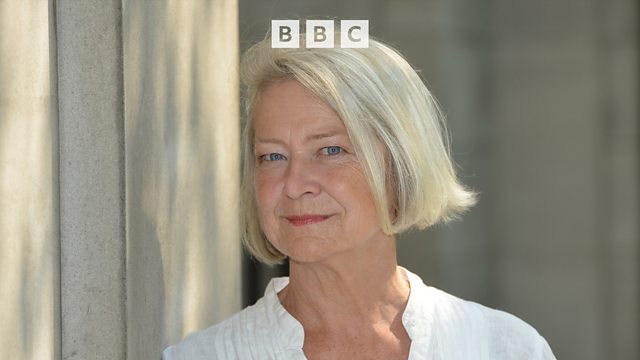The press under pressure in Indian-administered Kashmir
The risks for reporters in Indian-administered Kashmir; the public mood in Moscow; Nigeria worries over Niger's coup; secrets and lies in Slovakia; speaking Guarani in Paraguay
Kate Adie introduces correspondents' dispatches from Kashmir, Russia, Nigeria, Slovakia and Paraguay.
Understanding the complexities of politics and identity in Indian-administered Kashmir is not easy - and so the Kashmir Press Club was not just a social spot for local reporters, but an informal university for visiting journalists from elsewhere. It was recently closed down by the Indian government: just one sign of the narrowing margins for media freedom in the region. Yogita Limaye reflects on the challenges to reporting on Kashmir in such a climate.
Amid the fog of war, it's harder than ever to separate truth from misinformation about public opinion in Russia. So Will Vernon took to the streets of Moscow to ask members of that public what they think. In their answers, there were words of resignation and nervousness as well as of patriotism. He also heard from an anonymous Russian military analyst and people within the "ever-shrinking world" of opposition politics.
The recent coup in Niger was roundly condemned by the regional trade and diplomatic bloc ECOWAS, led by Nigeria. ECOWAS threatened military action and immediately suspended trade with Niger. That had immediate effects for the truckers and traders who regularly cross the border between Niger and Nigeria - as well as the families and religious groups with extensive networks in both countries. Catherine Norris Trent hears of their concerns over the crisis.
The double murder of investigative journalist Jan Kuciak and his fiancee Martina Kusnirova in 2018 caused outrage in Slovakia. It set off a wave of public protests which eventually brought down a government. So how has it happened that five years later, the legal cases to convict all the killers is still ongoing, and that Robert Fico, who was unseated by that protest movement, is a contender to be re-elected Prime Minister? John Kampfner investigates a story of secrets and lies.
By some estimates, a language dies, along with its last speaker, around every 40 days; a loss of human knowledge and worldviews we might not come to regret until it's too late. All over the world, indigenous languages are disappearing fast. But in South America there's a notable exception: Guarani, which is widely spoken in Paraguay and beyond - and not only by people of Guarani descent. Grace Livingstone listens to some of the language's most passionate defenders and promoters, who say they'd like their mother tongue to get a little more respect.
Podcast
-
![]()
From Our Own Correspondent
Insight, wit and analysis as 麻豆社 correspondents tell stories beyond the news headlines.


